
Much of the land that has the potential for agriculture exists in arid areas where plants have to cope with harsh environmental stresses such as drought, high salinity, temperature extremes and high light intensities. Furthermore, the majority of worldwide crop losses are due to such stresses. Plant scientists at the Institute are finding innovative solutions to these problems by undertaking state-of-the-art, multi-disciplinary research to understand and manipulate the mechanisms by which plants cope with environmental stresses, and to develop sustainable arid zone crop production.
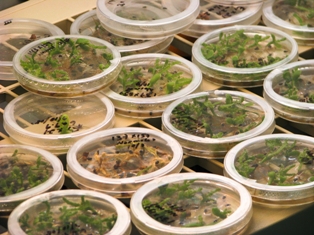
State-of-the-art molecular and physiological technologies are being employed to search for genes and epigenetic determinants in model plants and native Negev Desert plants that could be transferred into crop plants to improve tolerance to environmental stress. Scientists are also examining the potential of Negev plant species that produce important medicinal compounds.
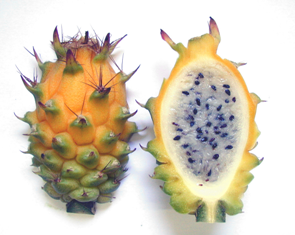
To develop sustainable arid zone crop production, Institute researchers are developing and introducing naturally drought-tolerant, high value fruit crops, and studying methods of controlling the growing environment in greenhouses to optimize agricultural production. We are also using techniques of ancient desert societies for harvesting runoff water from rainfall events, as a way of providing cheap and simple means of irrigation to arid zone communities around the world
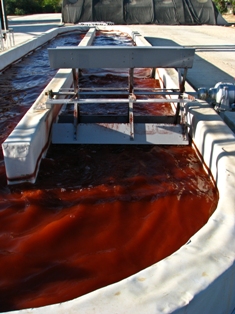
In the Microalgal Biotechnology Laboratory (MBL) we focus on microalgae - the single-cell factory of the future. Microalgae represent an enormous, largely untapped reservoir of valuable bioactive compounds with numerous applications. MBL scientists are investigating the physiology and molecular biology of algal strains that synthesize high value products such as carotenoids or polyunsaturated fatty acids. They are also developing the biotechnologies involved in mass production of such microalgae that may also result in efficient production of algal biofuels, utilizing the high solar irradiance and waste water or brackish water that abound year round in the desert.
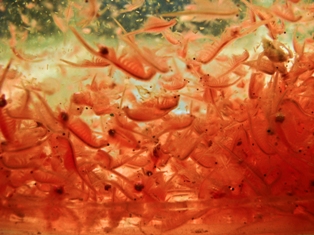
Aquaculture in the desert may sound like an anomaly but large aquifers beneath the desert are being used to grow a variety of aquatic organisms. Institute scientists are world-recognized pioneers of desert aquaculture, focusing on the invention of new and improved aquaculture equipment and techniques, and on the treatment of fish diseases. An important aspect of this work is the application of integrated biological systems for the recovery and reuse of waste water allowing repeated exploitation of given amounts of water.
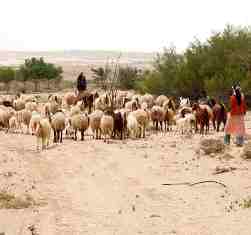
To ensure the sustainability of animal production systems with minimal impact on the environment researchers are investigating silvopasture technologies for restoration of degraded rangelands. The interaction between animals and native plant population communities, and the physical structure of the landscape as affected by human land-use are also under investigation, as are the physiology and nutrition of arid zone farm animals.
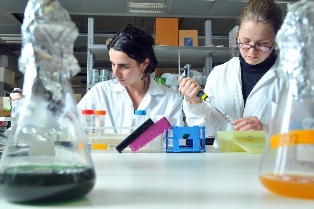
All our scientists are teaching at the Albert Katz International School for Desert Studies where they give the next generation of scientists the knowledge and the tools to carry out research, take responsible positions in the management of drylands and lead the battle to combat desertification.